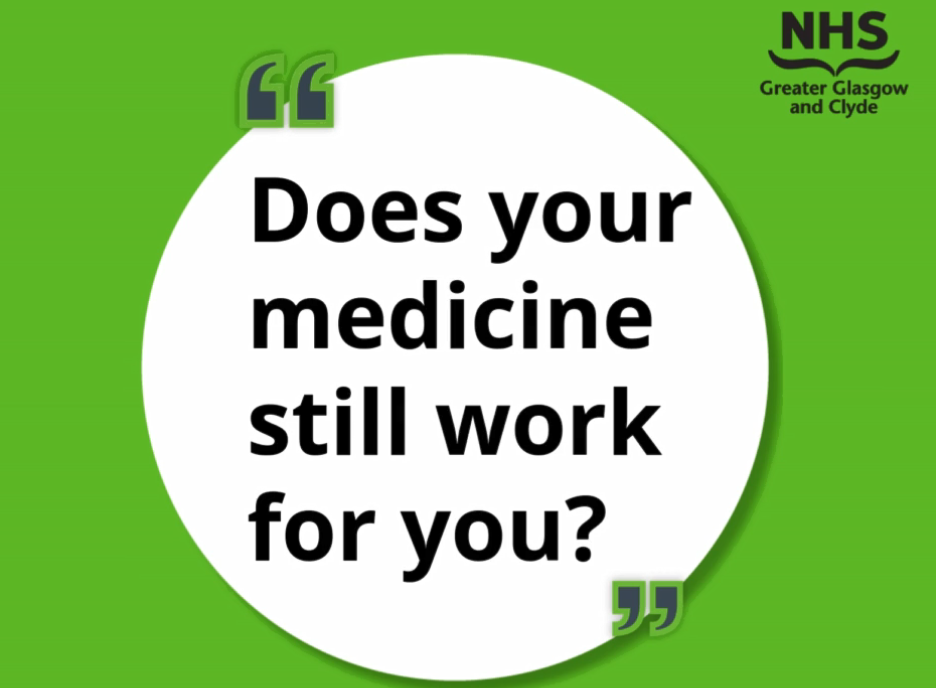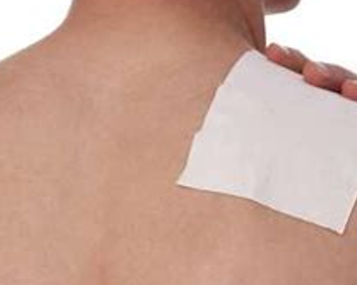
NHS Greater Glasgow and Clyde (NHSGGC) has thanked patients, staff and members of the public after an appeal to reduce the inappropriate use of lidocaine patches and the costs associated with them has had positive results.
In late November, in line with recently issued national guidance, NHSGGC launched an appeal urging people who are currently prescribed lidocaine patches to contact their GP practice and ask to be referred to the GP practice pharmacy team to discuss if their prescription is still right for them.
Lidocaine patches – prescribed under common names such as Ralvo or Versatis – can be used to provide short-term pain relief in a very small number of conditions.
However, use of this medicine has greatly increased in recent years, and latest figures show the prescribing of lidocaine patches cost NHSGGC around £7 million in the year up to April 2024, with spending increasing spend year on year.
But in the weeks since the launch of our appeal, NHSGGC has continued to see a significant reduction in prescribing of these patches, resulting in a financial saving that will equate to £2.2 million for this year.
However, Gail Caldwell, Director of Pharmacy at NHSGGC, said there was more work to be done and appealed for anyone who is prescribed lidocaine patches to contact their GP pharmacy team for a review of their prescription.
She said: “We would like to thank everyone – patients, relatives and staff – who have done so much so quickly to reduce prescribing of these patches.

“The Chief Medical Officer, Scotland, has tasked all health care professionals to ensure value-based health and care is delivered, ensuring that we all focus on patient outcomes and use NHS resources wisely to ensure our services are sustainable. Reducing our use of lidocaine patches is one area we are focusing on as NHSGGC prescribe more of these, per capita, than any other board in Scotland.
“However, while £2.2 million is an encouraging saving, the cost of these patches to NHSGGC is significant and has been increasing year-on-year, and we need to do all we can to ensure they are only being used in the most appropriate way.
“We understand that these patches can be effective in the short term for some patients, and they will continue to be prescribed to patients for whom their use is appropriate. But there are some patients who receive these patches where other options are more appropriate, and we are keen to speak to these people to fully assess their ongoing need.
“If you are currently prescribed these patches, we would encourage you to contact your GP practice and ask for a review by the GP practice pharmacy team, so that they can ensure that your prescription is right for you.”
Lidocaine patches are only licensed for the short-term treatment of nerve pain following shingles. They are not always suitable for long-term use for other types of pain, such as back pain or hip pain, as lidocaine does not get absorbed deep enough to relieve the deeper pain. According to the evidence, lidocaine patches can be used less often over time and in general are not part of a long-term management plan.
If you are prescribed lidocaine patches, please contact your GP practice and ask for a review by the GP practice pharmacy team. We would also ask people to speak to a friend or loved one who uses these patches and encourage them to seek a review of their prescription.

